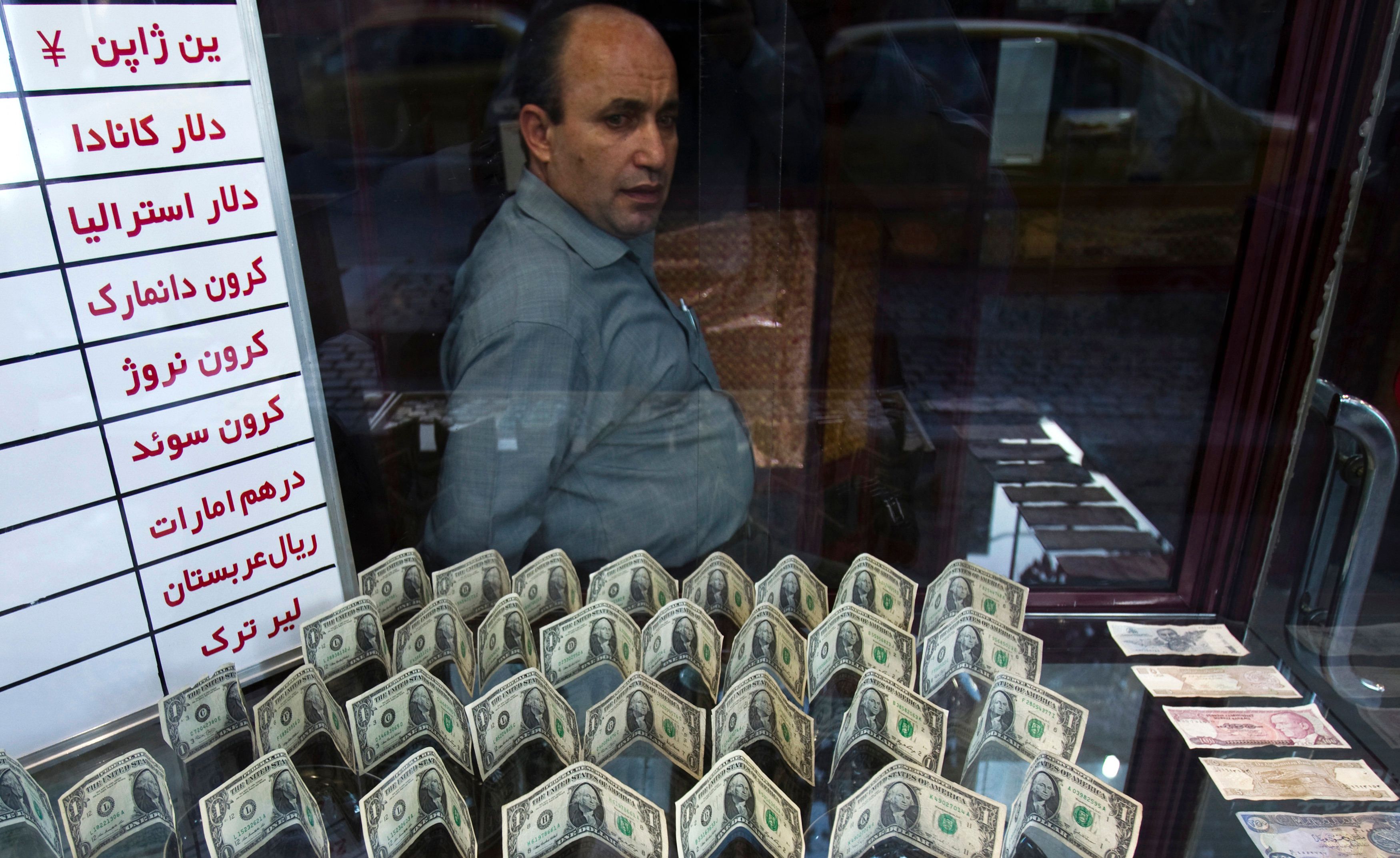July 17, 2018
You’ve got to have a backup plan. Always a backup plan. And sometimes a little backup means towing massive objects to your shores, or sending improbably large sums through the skies…
First to the Irish Sea where British officials are considering towing in thousands of electricity generators on barges to supply Northern Ireland with power in the event that Brexit talks collapse and the UK leaves the European Union with no deal on future economic relations. Northern Ireland, which is part of the United Kingdom, imports most of its electricity from its southern neighbor, the Republic of Ireland, under common EU electricity market rules. But if the UK leaves the EU (taking Northern Ireland with it) those rules would no longer apply, meaning that utilities in the Irish republic could decide to shut off the flow of electricity to the North. The fate of the Irish border affects a lot more than just electricity, mind you. Free travel and commerce between Northern Ireland, the Irish republic, and the rest of the United Kingdom is a lynchpin of the 1998 Good Friday agreement which ended decades of bloodshed in Northern Ireland. Reimposing that border – in any form or location – could stoke long dormant tensions in Belfast.Second, to Iran where authorities are looking to fly in some 300 million euros in cash from an Iranian-linked bank located in Germany. With the fate of the Iran deal unclear after the US decided to ditch it, and economic troubles continuing to foment protests at home, Tehran is concerned that any new sanctions might make it impossible to access money stashed abroad in the future. Cash is king, and they want it now. But the request has put Germany in a tough spot. At a time when relations with Washington are already under strain, the US ambassador to Berlin is pressuring Berlin not to approve the transfer. German officials, for their part, could be on the hook for violating sanctions if the money ends up being used to support terrorism.
Lastly, to South Africa where the second-largest city, Cape Town, is running out of drinking water and there is a crazy plan to do something about it. For background, a severe drought has forced the government to impose water restrictions in order to avoid a “Day Zero,” the point where taps run completely dry in the city of nearly 4 million. One evidently feasible plan involves dressing an Antarctic iceberg in a protective shawl, towing it about 1,200 miles to Cape Town, and grinding it into slurry that could supply up to 30 percent of the city’s annual water demand. A recent rise in dam levels has already postponed Day Zero until at least 2019, so it’s not clear how urgently the iceberg is needed – but the problem of megacities running out of water is hardly limited to South Africa. At least 14 of the world’s largest metropolises are facing Day Zeroes of their own, and there aren’t enough icebergs to go around.
More For You
Prime Minister Narendra Modi, with President of the European Council António Luís Santos da Costa, and President of the European Commission Ursula von der Leyen, at Hyderabad House, in New Delhi, India, on Jan. 27, 2026.
DPR PMO/ANI Photo
On Tuesday, the world’s largest single market and the world’s most populous country cinched a deal that will slash or reduce tariffs on the vast majority of the products they trade.
Most Popular
Sponsored posts
Five forces that shaped 2025
What's Good Wednesdays
What’s Good Wednesdays™, January 28, 2026
Mexican President Claudia Sheinbaum Pardo stands alongside Canadian Prime Minister Mark Carney and US President Donald Trump during the 2026 World Cup draw at the John F. Kennedy Center for the Performing Arts in Washington, D.C., on December 5, 2025.
Deccio Serrano/NurPhoto
Canadian Prime Minister Mark Carney has repeatedly tussled with US President Donald Trump, whereas Mexican President Claudia Sheinbaum has tried to placate him. The discrepancy raises questions about the best way to approach the US leader.
Fighters of the Qassam Brigades, the armed wing of the Palestinian Islamist Hamas movement, attend a rally marking the 35th anniversary of the group's foundation in Gaza City on December 14, 2022.
Photo by Majdi Fathi/NurPhoto
10,000: The number of Hamas officers that the militant group reportedly wants to incorporate into the US-backed Palestinian administration for Gaza, in the form of a police force.
Walmart is investing $350 billion in US manufacturing. Over two-thirds of the products Walmart buys are made, grown, or assembled in America, like healthy dried fruit from The Ugly Co. The sustainable fruit is sourced directly from fourth-generation farmers in Farmersville, California, and delivered to your neighborhood Walmart shelves. Discover how Walmart's investment is supporting communities and fueling jobs across the nation.
© 2025 GZERO Media. All Rights Reserved | A Eurasia Group media company.
